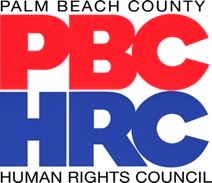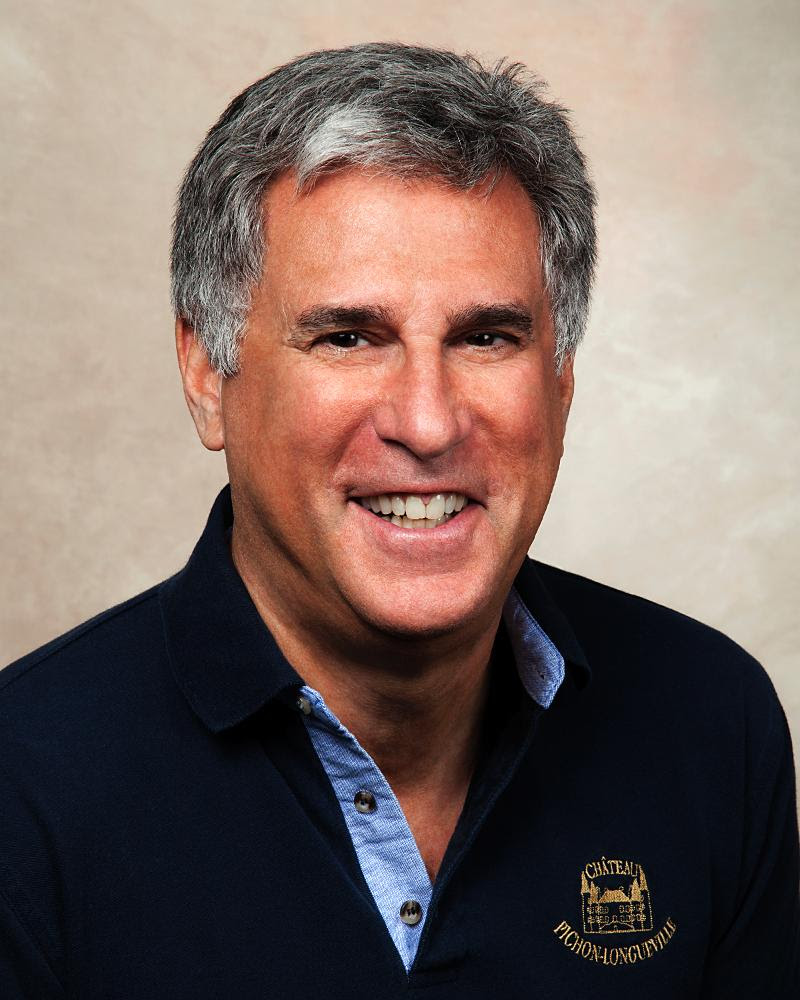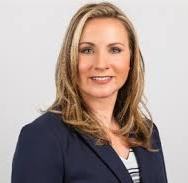By Sonja Isger, Palm Beach Post staff writer
October 20, 2018
This month, the Palm Beach County School Board amended its policies in not one, but two places, to once again alert its 22,000 employees that the district’s mission includes casting protection and promising equity for students who went for decades unmentioned by name within those pages: the lesbian, gay, bisexual, transgender or ‘questioning’ students.
To be clear (as mud?) those five words, commonly boiled down to “LGBTQ,” aren’t always the specific words they used, but the meaning of these policies is certain.
The verbal nod comes at a time when hostility toward these students appears to be on the rise, according to one recent national survey.
“It’s important to have it in policy so the students have something that they can say, ‘It’s in our school district policy that I’m protected and this is a place I’m seen,’ and ‘It’s OK for me to be out in my school and I won’t be hurt or hindered because of that,’ ” said Amanda Cemente, youth service director at Compass, the LGBTQ support center in Lake Worth, who sat for a year on a committee to write one of those chapters in the district’s tomes.
“We’re really excited it’s finally coming out,” Cemente said.
The first reminder of these protections is the district’s updated “Commitment to the Student,” which was approved by the School Board in the first week of October.
That policy affirms that educators will not harass or discriminate against any student on the basis of a long list of characteristics from religion to ethnicity. The list was expanded to cover political beliefs, marital status, linguistic preference and “sexual orientation, gender, gender expression and/or gender identity.”
The second is one that has been in the works for more than a year — the district’s “Equity Policy.”
The Equity Policy’s stated mission is “to show School Board’s commitment to eliminating race, ethnicity, gender, gender identity, sexual orientation, disability or socioeconomic status as predictors for academic success.”
Early versions stated that teachers throughout the county would include the contributions of African Americans, indigenous people and women to the United States and the world in their lessons. In the past month, at the behest of the board, instruction will also “expand the knowledge, understanding, and awareness of LGBTQ studies and the LGBTQ social movements.”
About 1.3 million kids or roughly 8 percent of all high school students in the nation report being lesbian, gay or bisexual, according to the U.S. Centers for Disease Control and Prevention’s annual Youth Risk Behavior Survey.
Those kids have a rough time at school, with more than 80 percent of LGBTQ students saying they were harassed or assaulted on campus in 2017 — one in six of them reporting they were physically assaulted because of their sexual orientation or gender expression, according to a survey by GLSEN, formerly the Gay, Lesbian and Straight Education Network.
And it’s not always the kids who are the bullies.
More than half of the students in GLSEN’s survey reported hearing homophobic remarks from their teachers or other school staff. Nearly three-quarters said teachers and staff made negative remarks about gender expression.
“We weren’t waiting for policy to protect children,” Deputy Superintendent Keith Oswald said. “We were doing what’s right.”
The first mention in policy of these protections appeared in 2003, when the board adopted a policy to protect students against harassment based on actual or perceived sexual orientation, according to retired Judge Rand Hoch, president and founder of the Palm Beach County Human Rights Council.
Five years later, the state threatened to withhold money from districts that didn’t enact a stand-alone anti-bullying policy. Palm Beach County was among those to go beyond the state’s demands and spell out that protected classes would include sexual orientation, gender identity and gender expression, Hoch said.
Oswald said when flags have been raised by students, administrators have sought solutions on that campus. It’s been a school-by-school approach to making sure “we handle these things appropriately,” things like negotiating which restroom a student should use or calling a student by their chosen name and pronouns.
Still, in a district of more than 180 schools and about 175,000 students, conflicts are bound to arise.
“We had to call on (School Board member) Erica Whitfield to help us with one particular student,” recalled Compass Executive Director Julie Seaver.
A “very bright” high schooler who had gone through years of schools identifying as a male, in name and pronouns that contrast with his official school paperwork was called out by a teacher who refused to use his preferred name, Seaver said.
“So this teacher mispronounced his name in class and when the rest of the students called that teacher out, the teacher began with using ‘s/him”’ and ‘s/her’ and ‘it,’ ” Seaver recalled.
Eventually the student was moved out of the class, and the school intervened with some level of training, Whitfield said, confirming the episode happened at a high school in her district that spans an eastern stretch of the county from Lake Worth Road south to Clint Moore Road in Boca Raton.
“It definitely happens,′ Whitfield said. Her take is that teachers aren’t there to publicly discuss the choice of names and pronouns, and they aren’t there to shame them either.
“It’s the same as having a nickname to me. I want the kids to feel welcome,” Whitfield said, noting that she’s spoken to several students at Compass who have left public schools. “And to me that’s unacceptable.”
Oswald said the district’s guidance counselors have been trained in navigating this changing landscape of gender and gender identity in a way that protects students. Their mission is to share that knowledge on their campus, he said.
“It’s one thing to change policy, it’s another to change minds and hearts,” Oswald said. “These are complicated issues. We can’t push too much too fast.”
But having policy to back it up is imperative, Hoch said.
“You are educating people who work for the school district from principals to those who serve fish sticks in the lunchroom that these kids need to be protected and it is their job to speak out when they see someone being harassed or bullied,” Hoch said. “These are points you can’t emphasize often enough.”





 The resolution was proposed by City Commissioner Kelly Shoaf, following a request by the Palm Beach County Human Rights Council (PBCHRC) - Florida's oldest independent, nonpartisan, nonprofit organization dedicated to ending discrimination based on sexual orientation, gender identity and gender expression.
The resolution was proposed by City Commissioner Kelly Shoaf, following a request by the Palm Beach County Human Rights Council (PBCHRC) - Florida's oldest independent, nonpartisan, nonprofit organization dedicated to ending discrimination based on sexual orientation, gender identity and gender expression.